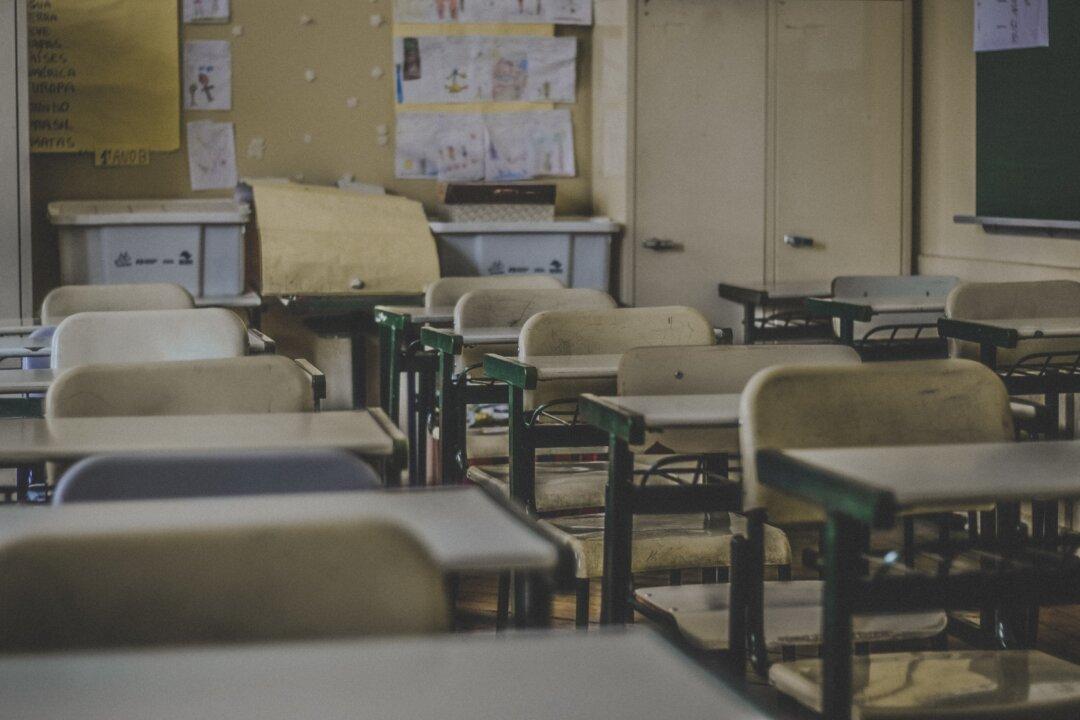Climate change will be taught in the classrooms from kindergarten to high school in New Jersey, under the new standards adopted by the state Board of Education on Wednesday.
The new standards, which is going into effect September 2021, require school districts across the Garden state to add climate change education into all seven teaching areas, including science, health, social studies, arts, and world languages.





